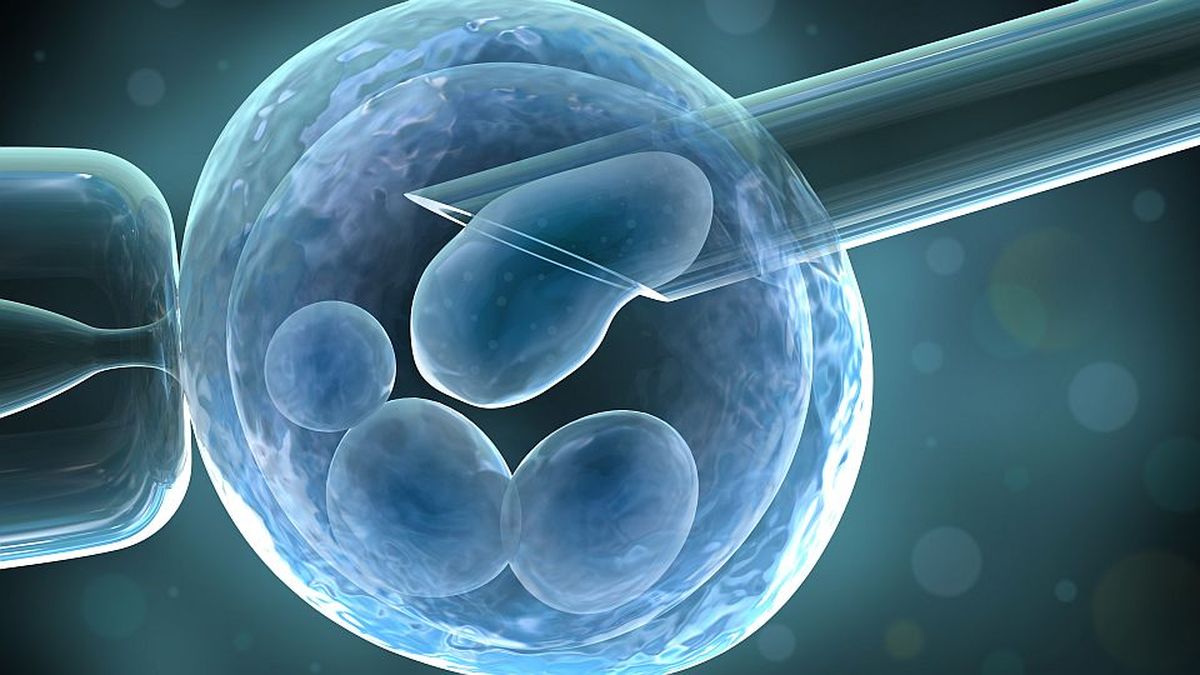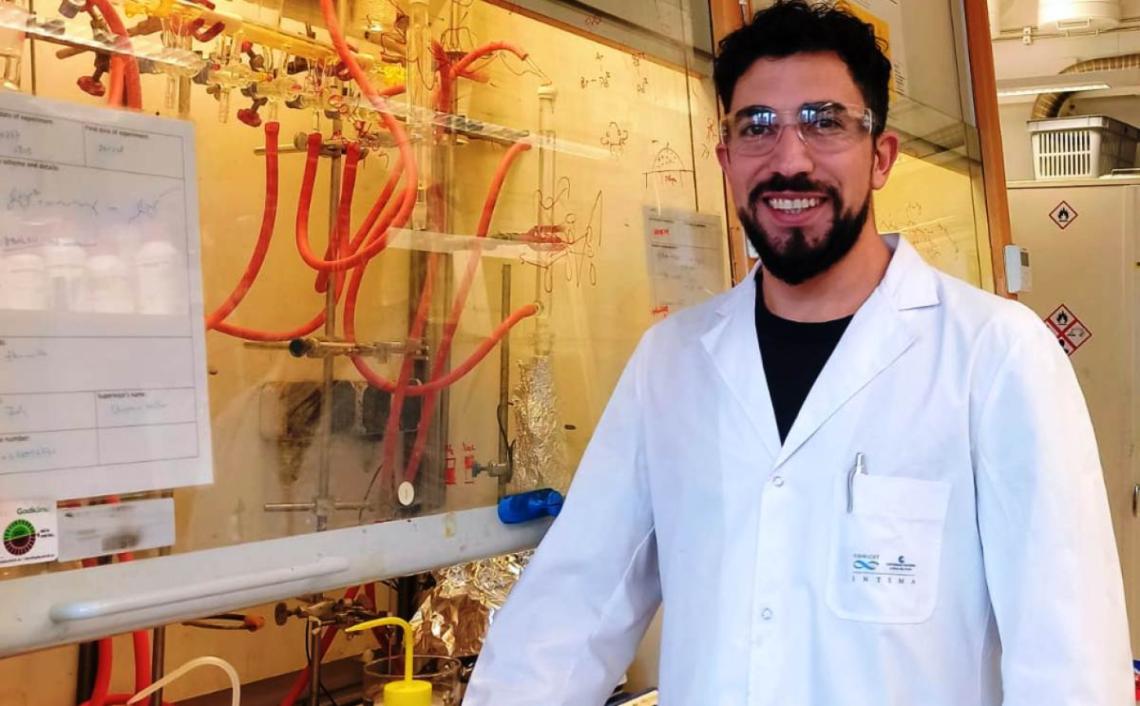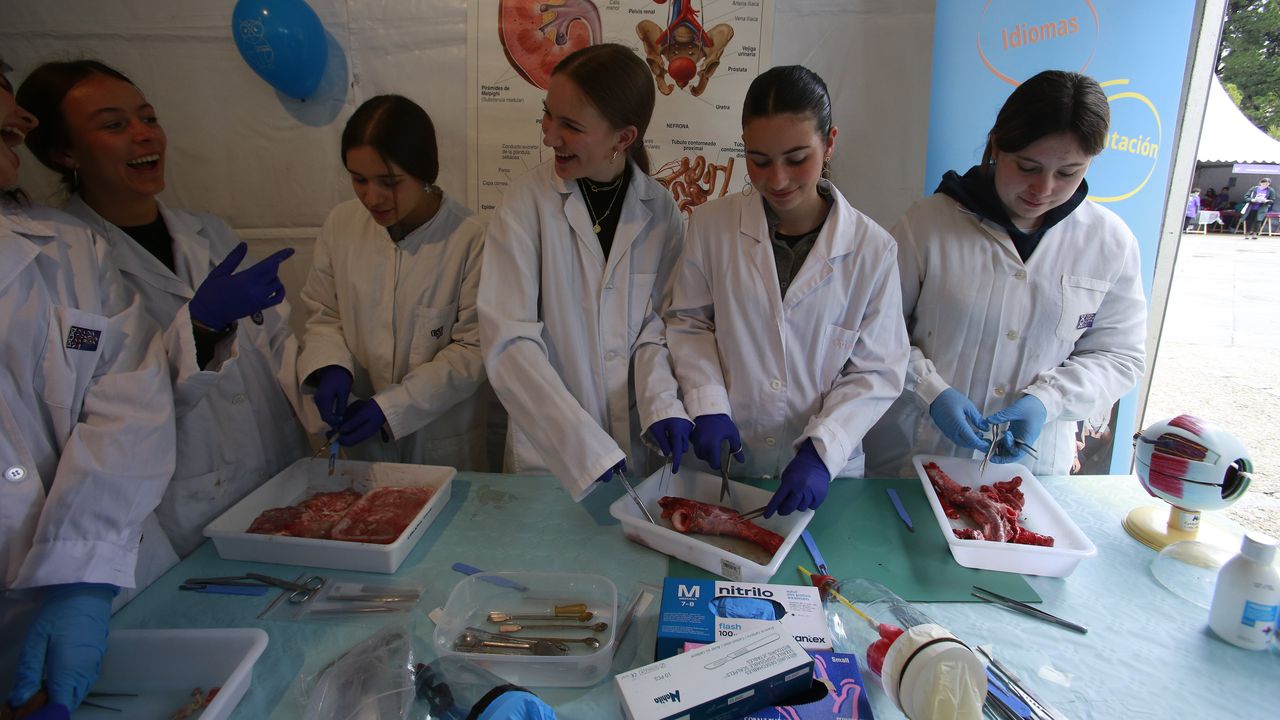Technological advances in reproductive medicine have allowed many people to overcome challenges infertility They can fulfill their desire to have children. However, there are still outstanding challenges to increasing success rates in therapies fertility.
Current medicine is evolving towards precision medicine, which personalizes treatments based on genetic studies. there is chance fertilityyou may choose to perform genetic studies that allow decisions to be made in treatments to increase success rates or to respond to complex cases.
An example of such developments is testing Reproxome, which analyzes hundreds of genes involved in reproductive therapy. This includes detection of mutations shared with the partner or gamete donor, as well as evaluation of mutations in genes that may affect both female and male fertility. also , Reproxome It can be adapted to the needs of each patient, including other genes in those cases with a family history or suspected hereditary diseases.
Another important advance is the possibility of investigating endometrial receptivity using the test Receptivity gene, which is performed through a simple endometrial biopsy determines the status of the implantation window. Knowledge of the implantation window allows embryo transfer to be programmed at the most appropriate moment in the cycle, increasing success rates. Approximately 30% of women have a displaced implantation window, which can lead to recurrent implantation failure even in good quality embryos.
In addition, this test provides information on the endometrial microbiome, which makes it possible to evaluate its relationship to impaired fertility. In cases of imbalances in the distribution of microorganisms, remedial measures can be taken to restore balance and improve pregnancy rates.
In couples with a history of miscarriage, research has shown that a large number of patients carry a genetic variant called M2, which greatly increases the chance of miscarriage. The M2 mutation can come from both the mother and the father, and is expressed in the fetal genome.
M2 is a mutation in a gene called Annexin V, found in 44% of patients undergoing in vitro fertilization (IVF), compared to 15% in the general population. The Novagen lab presents a miscarriage risk assessment study based on M2 detection. Intervention with the use of low molecular weight heparin can increase the chances of carrying a pregnancy from 16% to 42%. Another option is to analyze M2 status in embryos to identify embryos that are not M2 carriers using preimplantation genetic testing (PGT).
In short, advances in precision reproductive medicine allow for personalized therapies to improve live birth rates. It is important to seek professional medical support and make informed decisions about available testing and options. Reproductive medicine continues to evolve and offers hope for overcoming infertility.
A gynecologist who specializes in assisted reproduction (MN 114.442). CEGYR Fertility Preservation Program Coordinator.



/cloudfront-us-east-1.images.arcpublishing.com/eluniverso/ZHT3NFYA2BFMFDHOGERE3EWDBY.jpg)

